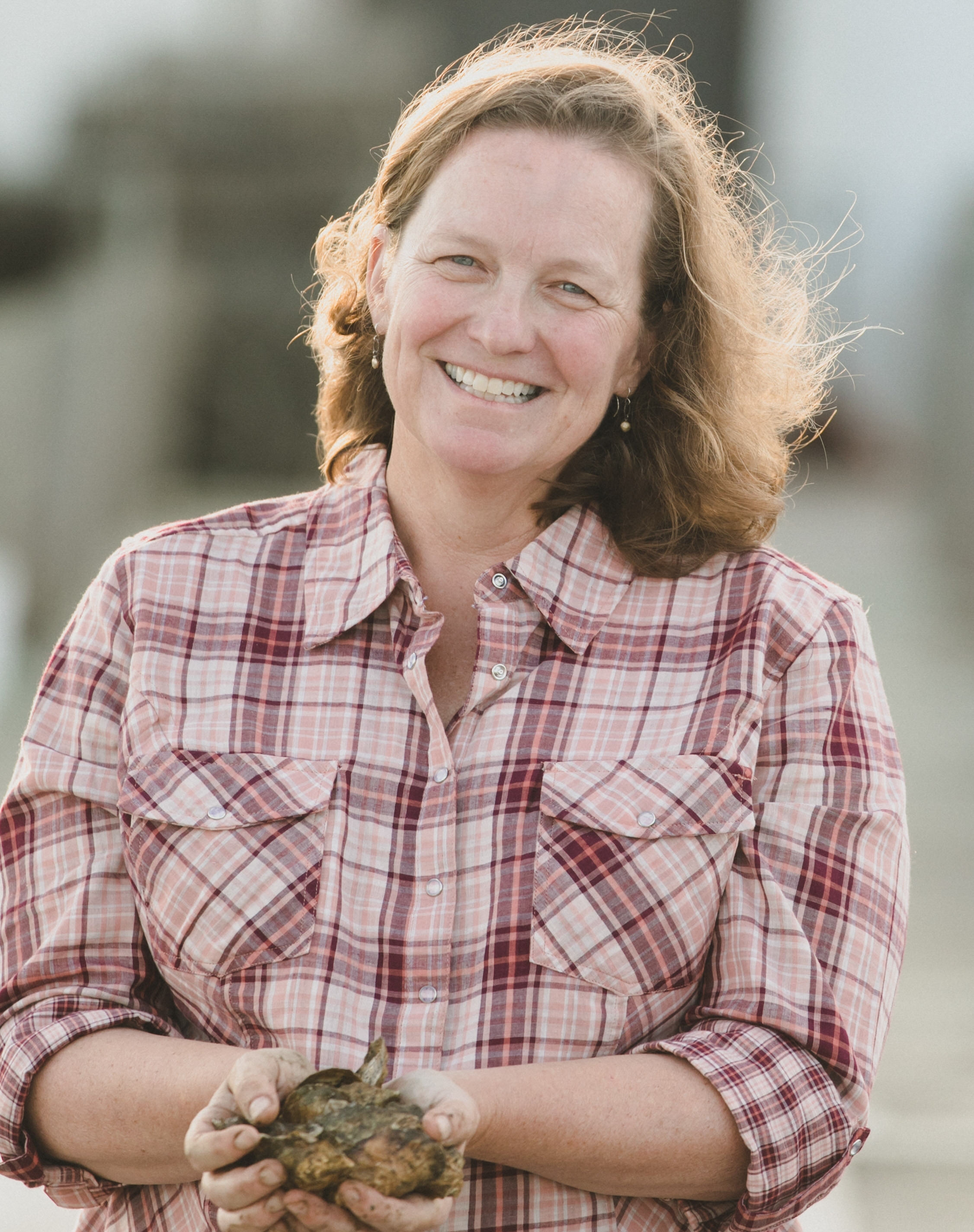Dr. Ayana Elizabeth Johnson joins The Nature Conservancy for Nature Talks
The renowned marine biologist is featured at the event on September 25th.
Media Contacts
-
Susan Wollschlager
The Nature Conservancy
Phone: 203-209-6218
Email: s.wollschlager@tnc.org
Dr. Ayana Elizabeth Johnson will be featured in conversation at “Nature Talks: The Ocean’s Future is our Future” with The Nature Conservancy’s director of climate and strategic initiatives for TNC’s Global Aquaculture Program, Sally McGee. The program will take place Wednesday, September 25 at the Branford House at the University of Connecticut’s Avery Point campus in Groton and be moderated by NBC Connecticut meteorologist Rachael Jay.
Doors will open at 4:30 p.m. with refreshments. The speaking program begins at 5 p.m. Registration for tickets is open.
A scientist, policy expert, writer and teacher, Dr. Johnson co-founded and leads the non-profit Urban Ocean Lab, a think tank for the future of coastal cities. She is the Roux Distinguished Scholar at Bowdoin College and her latest book, “What If We Get it Right?: Visions of Climate Futures,” is being released on September 17.
As she works to help create the best possible climate future, Johnson also co-edited the bestselling anthology All We Can Save, co-created and co-hosted the Spotify/Gimlet podcast How to Save a Planet and co-authored the Blue New Deal, a roadmap for including the ocean in climate policy. She has also been interviewed about this topic by the New York Times and Science Friday. Johnson serves on the board of directors for Patagonia and GreenWave, and on the advisory board of Environmental Voter Project. Above all, she is in love with climate solutions.
McGee’s areas of work include the Shellfish Growers Climate Coalition, Sustaining Oyster Aquaculture and Restoration (SOAR) and seaweed aquaculture in Chile. Previously, she served as TNC’s Northeast Marine Program Director and held a 100-ton U.S. Coast Guard license that she used in the North Atlantic, Caribbean and North and South Pacific oceans. She also developed, owned and operated an oyster farm, Sixpenny Oysters, in Noank, and worked in the U.S. House of Representatives on natural resource, climate and agriculture issues.
Along the beautiful and poignant backdrop of the Connecticut coastline, Johnson, McGee and event participants will explore our relationship with the ocean. People have an enormous impact on our oceans. However, oceans affect people as well, often much more than we realize. Connecticut’s own coastline bears witness to this day in and day out, especially in under-resourced communities, far beyond video footage of flooding that flows through our newsfeeds.
These are topics that local meteorologist, Rachael Jay, will touch upon while moderating this important conversation. Jay wears many hats. Rachael is a scientist, content creator, communicator and STEM advocate. She has been a meteorologist with NBC Connecticut since the fall of 2021 and a broadcast meteorologist for most of the last decade. A graduate of Penn State University’s meteorology program, she also volunteers with the American Meteorological Society (AMS) as a member of the Board for Early Career Professionals. Her work in the digital and social media space led her to be hand-picked by the AMS to join the Board for Digital Meteorologists. Jay hopes that her work on-air and online will help to make science more accessible and enjoyable to those who may come across it – and spark or even reignite an interest in science for a wider audience.
How can environmental justice efforts serve neighbors of a changing ocean? In what ways is the ocean connected to—and influencing—local economies? Can we navigate climate exhaustion when these challenges can feel too big to comprehend? Let’s picture a different future for oceans and people, and define what that looks like. Let’s define the future for oceans and people. Join Johnson and TNC for this important moment in nature’s story.
The University of Connecticut’s Avery Point along the Connecticut shoreline is full of history. The Branford House, built in the 19th century and modeled after Newport’s famous mansions, is a majestic, turn-of-the-century landmark that sits on a sprawling lawn near the Avery Point lighthouse, at the edge of the water.
The Nature Conservancy is a global conservation organization dedicated to conserving the lands and waters on which all life depends. Guided by science, we create innovative, on-the-ground solutions to our world’s toughest challenges so that nature and people can thrive together. We are tackling climate change, conserving lands, waters and oceans at an unprecedented scale, providing food and water sustainably and helping make cities more resilient. The Nature Conservancy is working to make a lasting difference around the world in 81 countries and territories (40 by direct conservation impact and 41 through partners) through a collaborative approach that engages local communities, governments, the private sector, and other partners. To learn more, visit nature.org or follow @nature_press on X.


